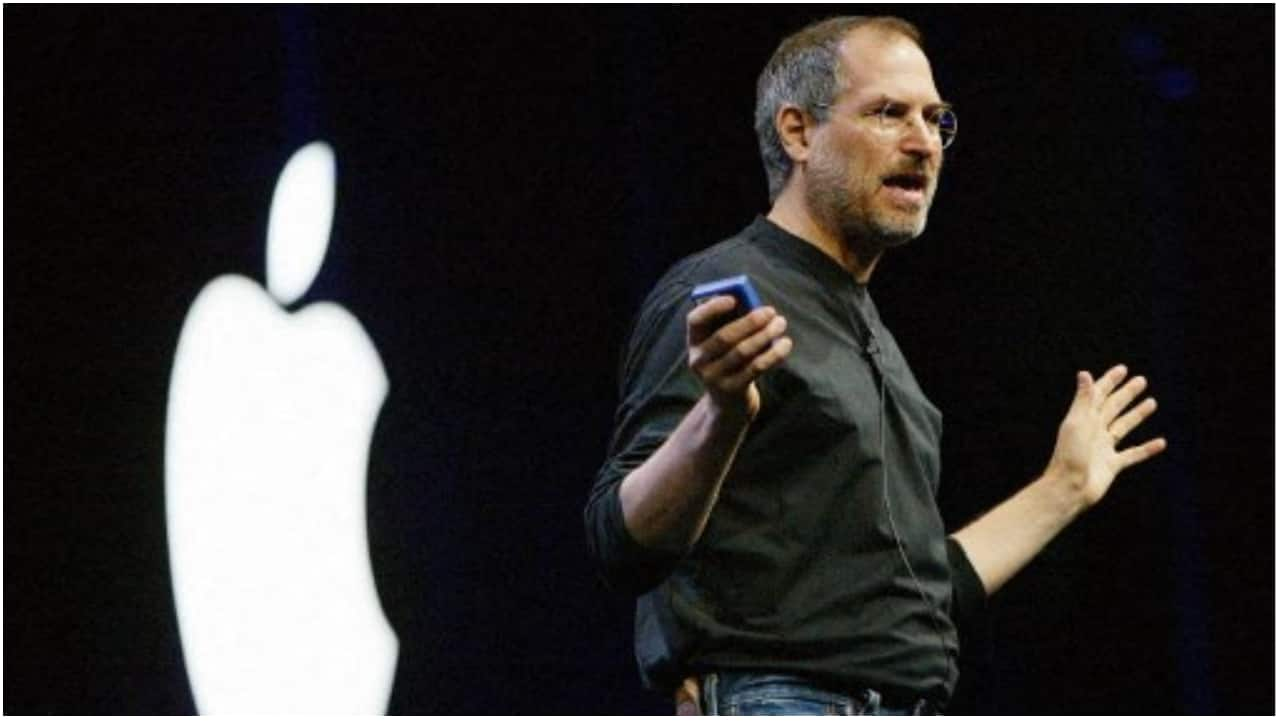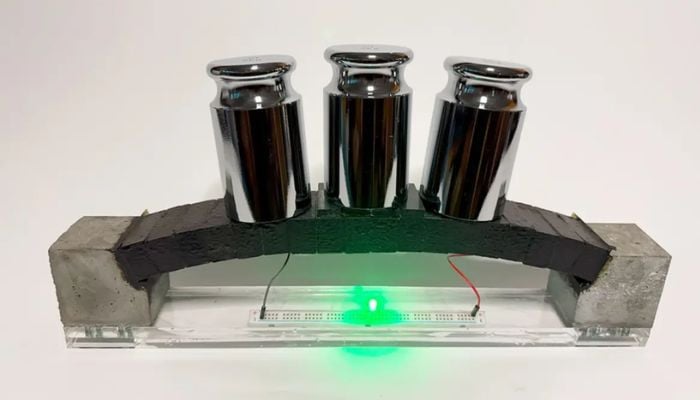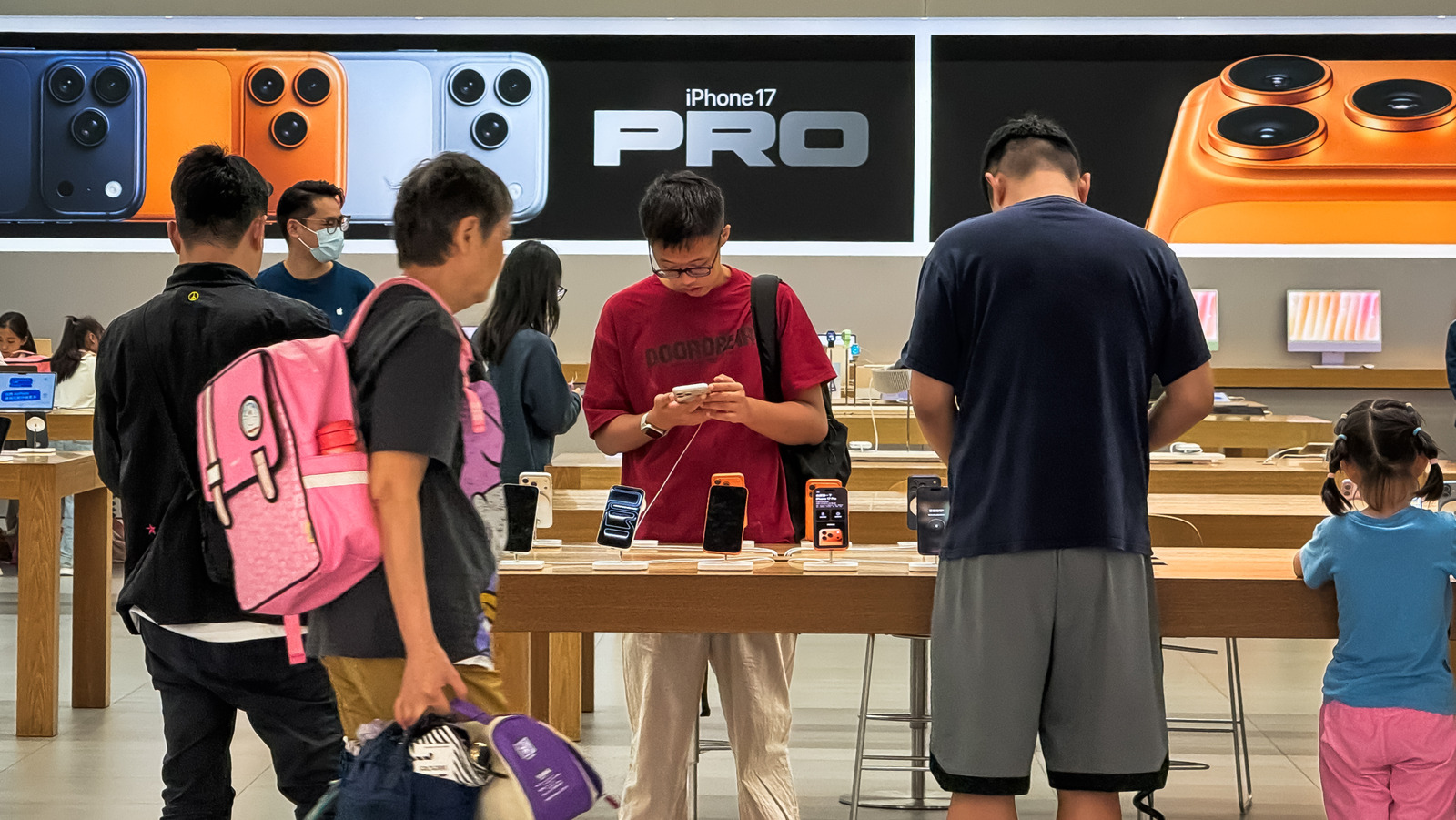Are We Finally Ditching Smartphones for Dumbphones? The Digital Minimalism Movement Unveiled!

Imagine a world where people willingly trade their smartphones for devices that only make calls and send texts. Sounds absurd, right? Yet, that's exactly what's happening as a quiet rebellion against our hyper-connected lives takes shape! Across the globe, from the bustling streets of New York to serene landscapes in Europe and Asia, many are embracing the allure of ‘dumbphones’—devices reminiscent of the early 2000s that promise a simpler, less distracting existence.
For over a decade, smartphones have been humanity’s lifeline, connecting us to our friends, finances, and favorite shows. These sleek glass rectangles have become an extension of ourselves, but they're also a source of anxiety, distraction, and a feeling of being perpetually 'on call.' With studies linking excessive smartphone use to heightened anxiety, disrupted sleep, and even reduced cognitive function, it’s no surprise that many are seeking refuge from their digital overlords.
This movement isn’t just a nostalgic trip down memory lane; it’s a quest for digital sanity. Users, especially among Gen Z, overworked professionals, and concerned parents, are discovering that less really is more. The appeal lies in the promise of tranquility—a chance to escape the incessant notifications that dominate our lives. The modern smartphone industry has thrived on our need for constant engagement, but for many, this has crossed the line from convenience to captivity.
Enter the world of ‘dumbphones’—devices that embrace minimalism and simplicity. Companies like Punkt and Light Phone have emerged, crafting sleek and stylish handsets that strip away the distractions of social media and endless feeds. The Light Phone, in its third generation, is often dubbed the anti-smartphone, featuring a clean design and an ethos focused on giving users their time back.
These minimalist devices are designed with purpose. Users can navigate, set alarms, and communicate without being bombarded by notifications or the pressure to engage with every app. Punkt’s founder, Petter Neby, champions a philosophy of 'digital minimalism,' emphasizing tactile buttons and long battery life. In a world where excess is the norm, these brands are redefining luxury—promoting restraint and intentionality in technology use.
Interestingly, feature phones still account for a notable 15% of global handset sales, which translates to over 200 million units annually. But today’s dumbphones are not your grandma's flip phone; they often come with modern functionalities like 4G and biometric security while maintaining the focus on simplicity. The purpose remains psychological: to curate how and when we connect, prioritizing quality over quantity.
However, this trend remains relatively niche. Despite the growing demand for minimalism, tech giants like Apple and Samsung are unlikely to shift their focus, as their business models rely heavily on user engagement. Yet, for those who embrace the quiet revolution, the benefits are profound. Life slows down, moments become richer, and the relentless din of digital notifications fades into the background. What started as a rebellion against digital chaos has blossomed into a fresh design philosophy—reclaiming technology for our benefit, rather than letting it dictate our lives.
In a society that worships upgrades and new features, the humble dumbphone stands out as a beacon of liberation, offering the rare gift of time and mental space to simply... be.




























